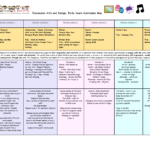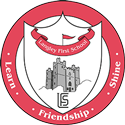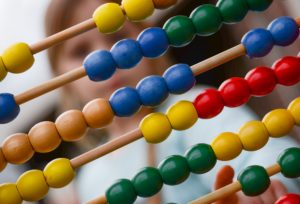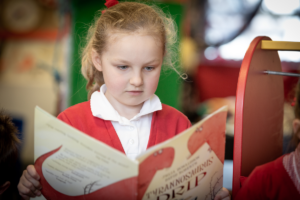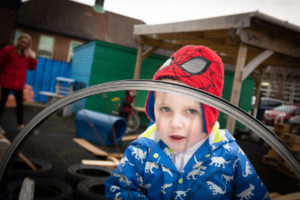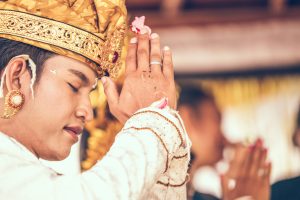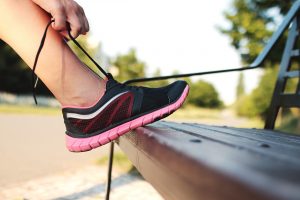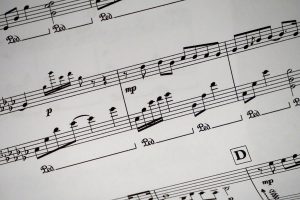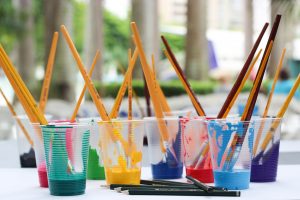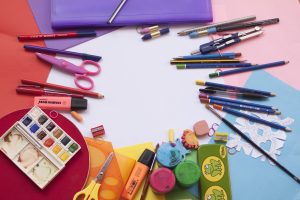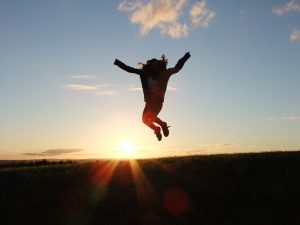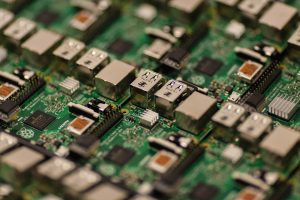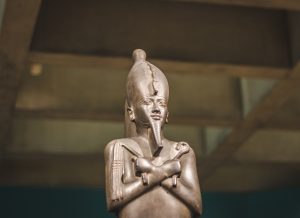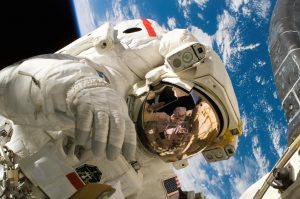Early years
Intent
Our Early Years curriculum is play-based and offers diverse and varied learning opportunities including real-life hands-on experiences. Children are naturally motivated to play. Our play based curriculum builds on this motivation, using play as a context for learning.
Our school core values of Respect, Responsibility and Resilience are at the centre of our Early Years Curriculum. Our curriculum is designed to reflect these core values and the Characteristics of Effective Teaching and Learning.
Playing & Exploring
- Children are encouraged to play with what they know and to develop the confidence to “have a go.”
- We are committed to offering children an experience that will foster a love of learning within a safe and stimulating environment.
- We promote secure and trusting relationships built on respect which allow our children to flourish.
Active Learning
- The indoor and outdoor environment is carefully resourced so that children become motivated to be independent learners.
- Children are supported to become more resilient: to keep on trying and achieve what they set out to do.
- Children leading their own learning become more engaged; showing high levels of energy, fascination and creativity.
- Children develop an awareness of why it is important to be responsible for themselves, others and the world they live in.
Creating and Thinking Critically
- As children engage in a broad range of activities in Early Years, they begin to actively think about the meaning of what they are doing and reflect on their learning.
- Children will begin to generate new ideas, make links between experiences and learning and become problem solvers
We aim to develop the communication skills of our children early on and promote a language and literature rich curriculum that focuses on developing a varied and ambitious vocabulary and a love for reading. We provide opportunities for children to have awe and wonder about the world around them; they become curious, interested and have enquiring minds. We challenge children to be reflective learners who think critically and creatively to problem solve and question. We place a strong emphasis on developing children’s mental health and wellbeing and celebrating differences between us. We provide the children with a caring and considerate environment where each individual feels safe, valued and respected.
Personal, Social and Emotional Development
PSED is an incredibly important part of our Early Years Curriculum and it is crucial for children to develop these skills in order to lead healthy and happy lives. We work with the children throughout Nursery and Reception to help them learn how to understand their own feelings and those of others. We do this through circle-times, talking with children and stories. The adults join the children in their play to model appropriate play skills and we co-regulate with the children when they experience big emotions. By the end of Reception the children have a tool box of strategies they can use to help them with their developing self-regulation skills. We work hard with the children to help them develop a positive sense of self through being inclusive and caring whilst nurturing each child’s own unique interests and personality.
Communication and Language
Communication and Language is at the heart of our Early Years curriculum. We offer a language rich environment whereby we encourage communication of all forms. We teach our children to listen, engage in two way conversation, give regard to what others say, speak with confidence and give attention to others. We fulfil this through song, story, rhyme, poems and play. In Nursery we develop sentence structure, play based language, model and extend early language skills so our children leave the end of Reception competent and confident communicators. We identify any communication needs early on and put in appropriate support and strategies to help all children succeed.
Physical Development
Your child will be given frequent opportunities to move in different ways, for example, running, jumping, balancing and playing with balls. Another important aspect of physical development at this stage is learning to hold and use tools, such as scissors, and also to use pencils and pens to draw lines and shapes. Your child will also begin to understand how to look after themselves and be healthy. The children have constant access to resources which help them to develop their physical skills. In the classroom and outdoors, there are opportunities to construct with large scale resources, fill and empty containers, mark-make and write, use tweezers and scissors and balance on planks and beams.
The Reception outdoor area allows for children to build upon skills developed in nursery. The children have many opportunities to move in different ways, strengthen muscles and take risks. We use the Write Dance Programme, Dough Disco and Squiggle while you Wiggle resources to develop gross and fine motor skills through music and dance.
In addition to these three prime aspects of learning, there are four specific areas:
Literacy
The ‘Communication’ section above outlines some activities to develop speaking and listening skills. In addition to sharing stories, your child will be encouraged to handle and look at books independently and to begin to learn about story structure. For children who are developing confidence in reading stories, we have a repeated reading programme. This allows children to understand how stories are structured, encourages children to join in with repetitive language and it helps to secure vocabulary by embedding story language. In Nursery there will be opportunities for your child to recognise their name and other simple vocabulary. We encourage children to draw, paint, construct and build to develop control and hand-eye co-ordination. They may begin to learn to copy the letters in their name during their time in Nursery. In Reception, your child will begin to write and read words. We promote the development of their literacy skills through high quality teaching of phonics and writing. Through planned play activities, we teach the children to hold mark-making equipment correctly, the correct letter formation and the sounds that letters make. The schemes progress gradually, and you will be given helpful advice along the way. Each classroom has a well resourced book corner with books carefully chosen to match the interests of the children. The children bring home a library book each week and the Reception children visit our local library where they share a story with the librarian and then choose a book to bring back to school.
Mathematics
At Nursery, your child will be given many opportunities to explore numbers and shapes in their play. For example, they may be encouraged to count the objects that they are playing with and to compare two groups of objects. They will begin to represent numbers using their fingers, marks on paper or pictures. We incorporate maths and maths vocabulary into many of the daily routines throughout the day. In Reception, the children count the number of class members present and how many are absent at registration time. We use a calendar to promote number recognition and to show how numbers are used in everyday life. During focussed activities, children learn new concepts such as addition and subtraction, counting on and back, sharing amounts and counting accurately. Children explore number problems and begin to record calculations.
Understanding the World
Your child will learn about the local community around them, as well as the world in which we live. We promote this through story, visits and through our outdoor classroom. At Langley, we have fostered strong links with the wider local community including fire fighters, police officers and librarians. These visitors provide children with a greater understanding of the roles of people in our community. Our staff ask open ended questions to encourage an ‘I wonder’ culture. This promotes a love of learning and encourages children to be curious, resilient and inquisitive. We teach changes through time and promote a keen interest in learning about our families and who we are. Children will be encouraged to use simple technology and equipment. We have a range of ICT equipment to develop children’s learning. We also have an I.C.T. suite for the Reception children to use.
Expressive Arts and Design
Imagination and creativity are explored and developed through expressive arts. Your child will explore different media and materials and be encouraged to use their imagination in a range of different experiences. We encourage the children to think creatively when they are constructing, painting and drawing. We give the children the opportunity to talk about how they have created something and encourage them to work collaboratively when it is appropriate. Children have access to a range of materials and resources. We encourage the children to express themselves creatively during their choosing time in the form of dance, music, role play and painting.
Curriculum Maps 2021-22
PrimeAreas
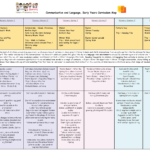
Communication and Language
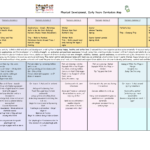
Physical Development
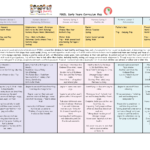
Personal, Social and Emotional Development
Specific Areas
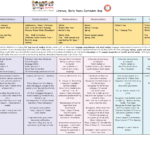
Literacy
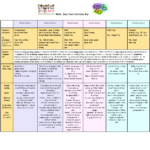
Maths
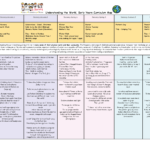
Understanding the World
